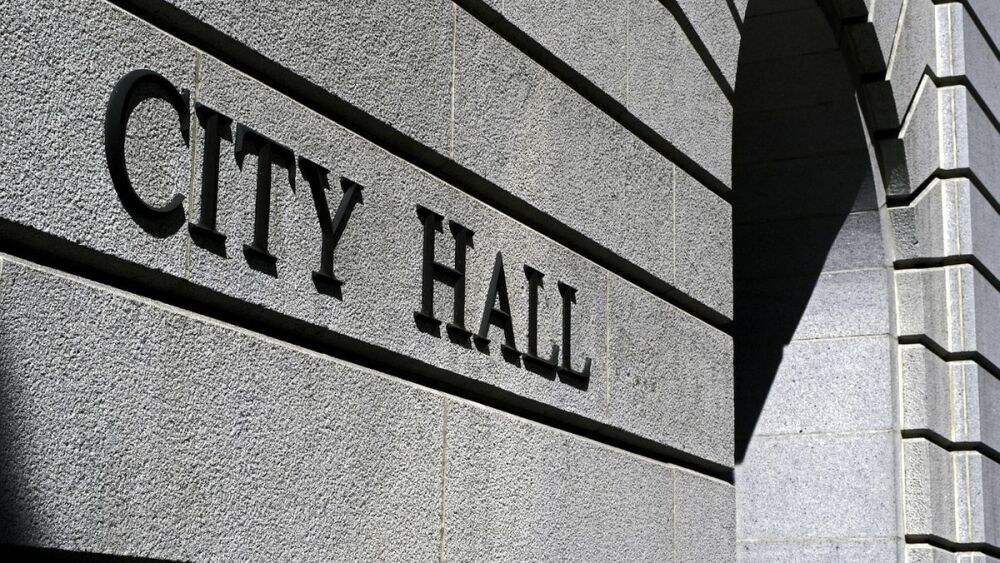One of the privileges of being the publisher of Gov1.com is meeting local officials from around the country. Today I’m in Nashville to host an invitation-only roundtable event for Johnson Controls with a 2-hour lunch discussion on Energy and Sustainability. I’ll be speaking and eating with 12 city managers and elected officials from around the state to learn more about their pain points and solutions.
It’s 9am and I’m at the Frothy Monkey, an eclectic breakfast joint downtown. I arrived in Nashville at 7am after a too early morning flight from Boston. As usual, I like to sample the local public transit system and took the Metro bus from the airport to downtown. It cost me a grand total of $1.70 for the fifteen-minute express trip. While I could’ve taken a cab for $25 or shared van for $15, not surprisingly I typically find public transportation a better and less expensive alternative. Nashville’s MTA did not let me down – great service at a great price.
Another note about public transportation, specifically buses. They are almost always empty when I ride them. Which begs the question – why the one-size bus fits all method of transport. It’s clear that every route has varied number of passengers. The 50-seat bus I’m on right now is carrying four of us – including the driver.
With all the data available based on fares paid and where on the route they were paid, I can’t imagine it’s very difficult to determine the average number of passengers on each route.
Adopting a more flexible bus sized system would generate enormous savings over the course of each year. And, with the advances in propane, electric and natural gas buses, cities have to be considering changes to their transportation strategies.
When I spoke with the Nashville MTA/RTA about this issue, Dan Freudberg, Scheduling Manager said, “ We do have a handful of routes where the demand is consistently lower than other routes, so as a result, we will use 16-passenger vans instead of the 35 or 40 foot buses.”
Regarding alternative energy vehicles, Patricia Harris-Morehead, Director of Communications, said, “Most of our buses are hybrid, either diesel/electric or new electric-only buses we are expecting to take delivery on soon. We are building out the charging stations before we can put those into service on our Music City Circuit route.”
Gov1 would love to hear from the readers in charge of transportation out there and whether they are using ridership data when considering variable sizes of buses to achieve efficiencies and/or adoption of non-gas powered fleets.
Additionally, if you’d like to attend one of our VIP roundtable events (and be quoted in an Gov1 story), please contact me at bgreenfield@efficientgov.com.
Our upcoming dates/locations include:
- Charlotte, NC – July 11,12 (NACO)
- Hilton Head, SC – July 17,18 (Municipal Assoc of SC)
- Orlando, FL – August 13,14 (FL League of Cities)
- Seattle, WA – September 28,29 (ICMA)
- San Jose, CA – October 1 (CA League of Cities)
-Barry


